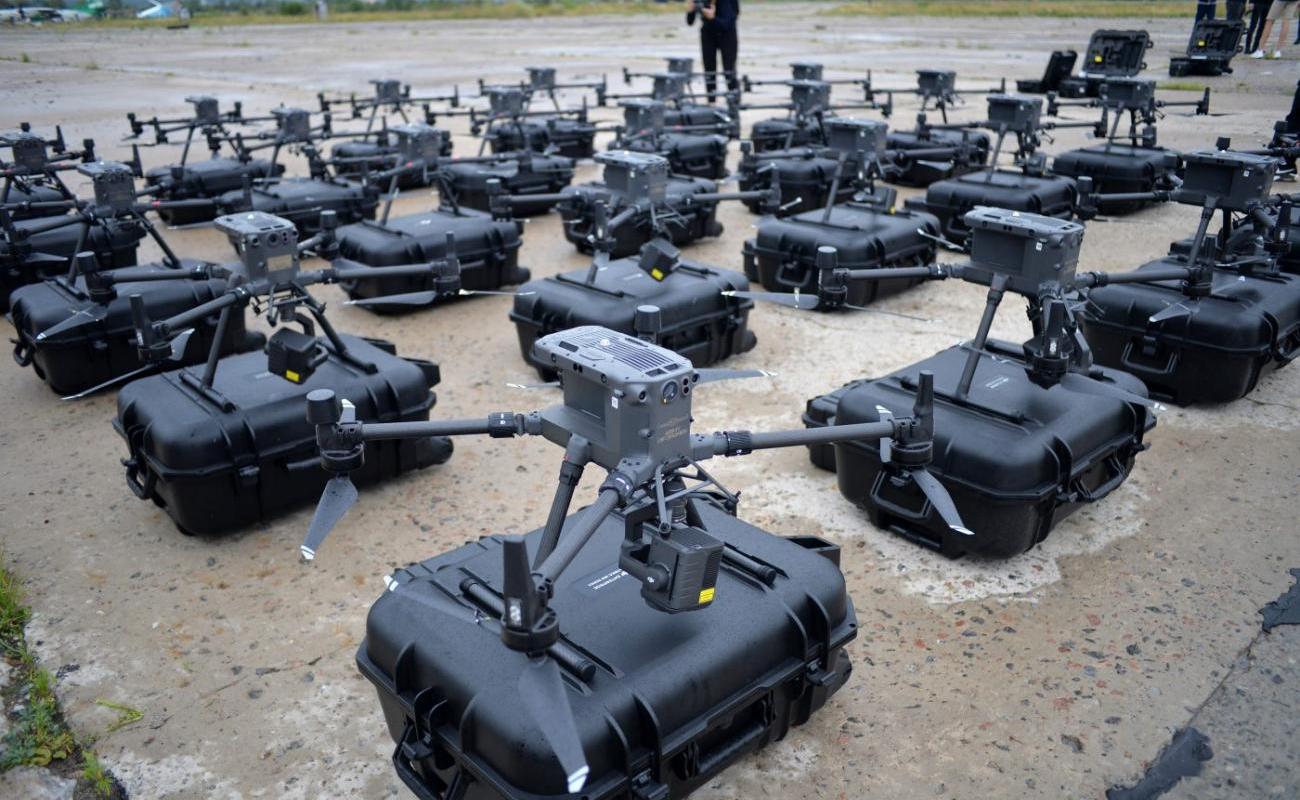Ukraine’s ‘Trojan Horse’ Strike Scorches Putin

“I dreamt about it. In Mariupol, when they [the Russians] bombed us. In my thoughts, I sent the missiles and bombs back into their planes. Those who were bombing us, torturing us, who were making us suffer and destroying our defenseless city, had to be punished,” journalist and former Mariupol resident Nadia Sukhorukova wrote after hearing news of Ukraine’s audacious June 1 attack on Russia’s strategic bombers.
“I dreamt that these planes would transform into ashes. It wasn’t just me who wanted it. Thousands of Mariupol residents dreamt about it. A lot of them died and never saw it happen. I did. There is justice in this world.”
She summed up a mood of grim satisfaction in Ukraine. Russian jets helped raze Mariupol during a lengthy 2022 siege, leaving at least 20,000 of its residents dead.
The attack has done much more than deliver payback for the brutal use of Russia’s air force in Mariupol and all those other Ukrainian cities and civilians over the past three years. Its effects are still being assessed but include tangibles like the Kremlin’s ability to attack Ukraine, the credibility of Russia’s airborne nuclear deterrent, and intangibles like the fear among senior officers about the vulnerability of their assets.
The operation, widely described as a Trojan horse, but officially named Spider’s Web, had been planned for 18 months. More than 100 Ukrainian FPV drones were secretly smuggled into Russia, hidden in the roofs of trucks. Their Russian drivers had no idea what they were transporting until drones started to fly out of the trucks when they approached four or more major Russian air bases.
Ukraine claimed it destroyed a third of Russian strategic bombers, around 40 planes worth more than $7 billion. Those numbers have not been confirmed, with satellite images so far showing at least 11 strategic bombers destroyed and another damaged from an estimated operational force of 80.
The operation was much more than a stunt for propaganda purposes. The effects are serious and will be long-lasting and may be considered historic for their effect.
The operation has once again demonstrated that Ukraine can bring the war deep into Russian territory; the furthest target was almost 3,000 miles from Ukraine’s borders. It underlined once again that while Russia regularly targets civilians, the Ukrainian armed forces target Russia’s military machine.
Ukraine, a country without a navy, has sunk much of Russia’s Black Sea fleet and forced the rest to hide in faraway ports. Ukraine, a country without strategic aviation of its own, severely depleted Russia’s strategic aviation fleet.
The operation also highlights Ukrainian ingenuity and the country’s ability to produce imaginative solutions in the fight against a numerically superior enemy. Such a sophisticated operation, supervised by President Zelenskyy, needed the coordination and involvement of various institutions, including the armed forces, intelligence, government, and undercover collaborators inside Russia. It needed a high degree of operational security and secrecy — for a prolonged period of time — to be successful. Ukraine has demonstrated it is institutionally strong and capable of extraordinary things.
Last but not least, the success of Spider’s Web was possible because Ukraine acted with a high degree of sovereignty and independent decision-making.
Neither the US administration nor European governments were aware that Ukrainians were plotting drone attacks against Russian aircraft on such a large scale. After years of reliance on Western long-range weapons that came with strings attached, such as restrictions on their use inside Russia, the employment of Ukrainian drones meant that Kyiv’s hands were untied, and it didn’t have to seek permission to strike.
It can also be argued that Ukraine was spurred to bold action by President Trump’s reluctance to extend military aid. While Ukraine still hopes to secure America’s support, it knows it may have to rely on its own resources — and it turns out Kyiv has some cards up its sleeve.
Olga Tokariuk is a Non-resident Fellow at CEPA. She is a journalist and researcher, and is an Academy Associate at Chatham House in London.
Europe’s Edge is CEPA’s online journal covering critical topics on the foreign policy docket across Europe and North America. All opinions expressed on Europe’s Edge are those of the author alone and may not represent those of the institutions they represent or the Center for European Policy Analysis. CEPA maintains a strict intellectual independence policy across all its projects and publications.
